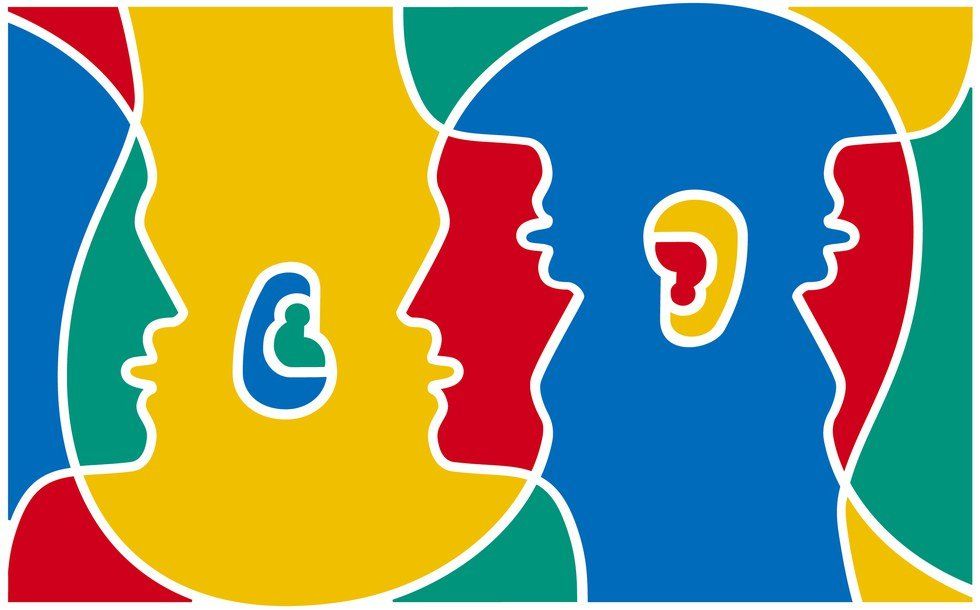Earlier this week, a friend of mine, Maria, raised her hand in class during our theater class. She often asks questions, being a very curious person, so I didn't think anything of it. Then she asked a question that has had me thinking for days:
What does "stamina" mean?
Maria's second language is English, so it totally makes sense how this is a weird concept to her. Someone else in class raised their hand in response, "think of it like a health bar in a video game; it is how much you have left to get what you want", Jake said. She said she understood and we moved on. Supposedly, according to her, there isn't really an equivalent in Spanish. That obviously means that there are words in Spanish that don't have an American translation.
For instance, "sobremesa" is the time after a meal has been finished, but everyone remains at the table to talk, or "Estrenar", when you wear something for the first time. Words that we don't think need to be words, but make perfect sense. So later, I told Maria that her question was endlessly fascinating to me, and I thought a lot about how differently we were raised and our cultures. Maria went on about "stamina".
She said that she thought that her stamina was love. It had never been used in that context before. That made absolutely no sense to me. I nodded my head, slightly confused. But why was she wrong? She wasn't. The amount of love she has for something determines how hard she will fight to get it.
As unintentionally poetic as she was, Maria got me thinking about what my stamina is. That's my biggest problem, I think. I don't really know what my stamina is. I know what I want to do, and I know that it makes me happy, so I do it. That's it. I have no idea why it makes me happy. Maybe there is some word in some other language that describes it, but all I know is the feeling. The English language lacks too much for me to adequately describe why I do what I do.
If I were to describe myself with the most precise words, I'd be a Luftmensch (Yiddish for "social misfit") with a bit of a Backpfeifengesicht (German for "punchable face"). But outside of the obvious, think about how many words are needed in the English language. The Inuit have a word, one of my favorite, that describes the moment when two people want something, but are both too afraid to go after it: Iktsuarpok.
A big problem of mine is that even though I don't know, I have become uncurious. Lots of people have, though. I spent a large portion of my life struggling with religion and purpose: "why do I do it?", "what is the purpose of life?", and much more existential mumbo-jumbo. But, for some reason, I stopped. I found out what made me happy, and I focused on it so much that I forgot to question these realities. Is it stupid to dwell on a question that cannot be answered? Sure. But that doesn't mean I should stop being curious.
I am very thankful for Maria not being from here, because it reminded me to stay curious. We should all stay curious. You can be too young to teach, but you can never be too old to learn.




















